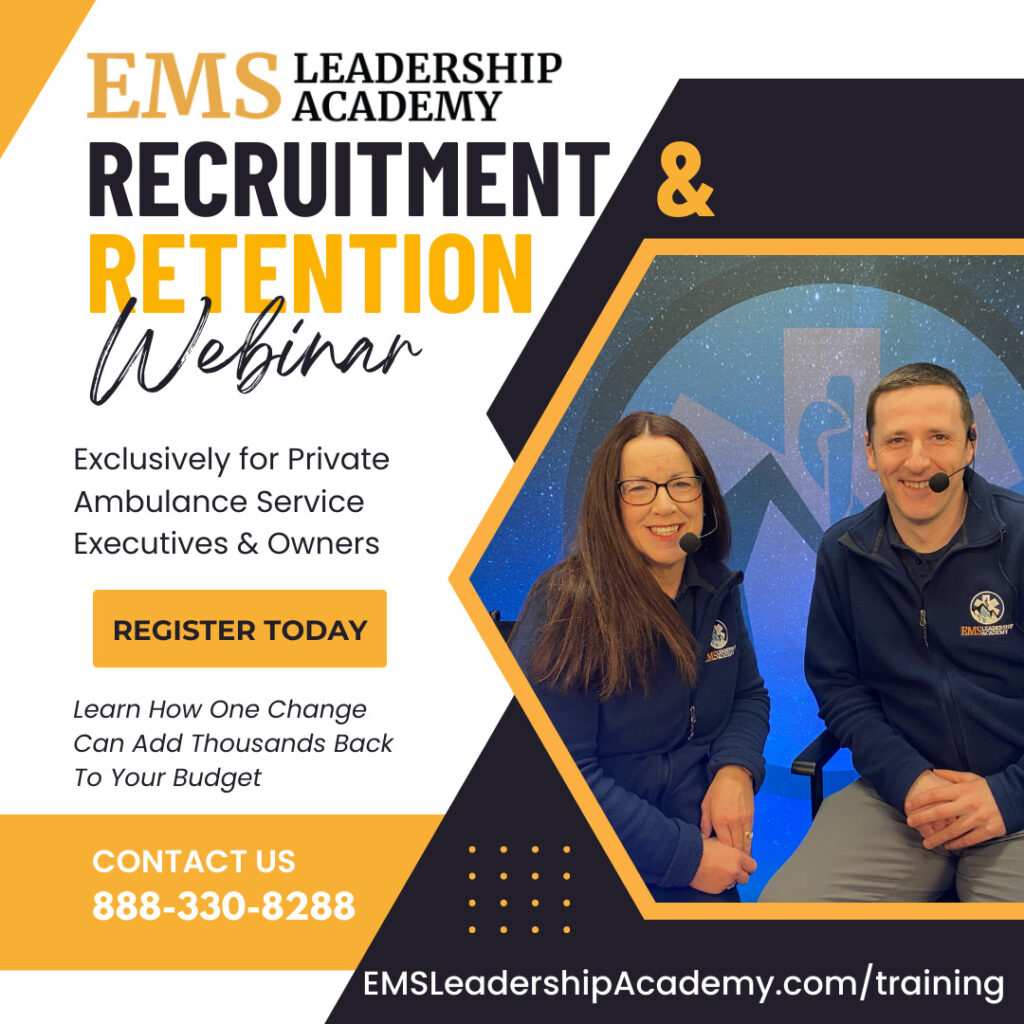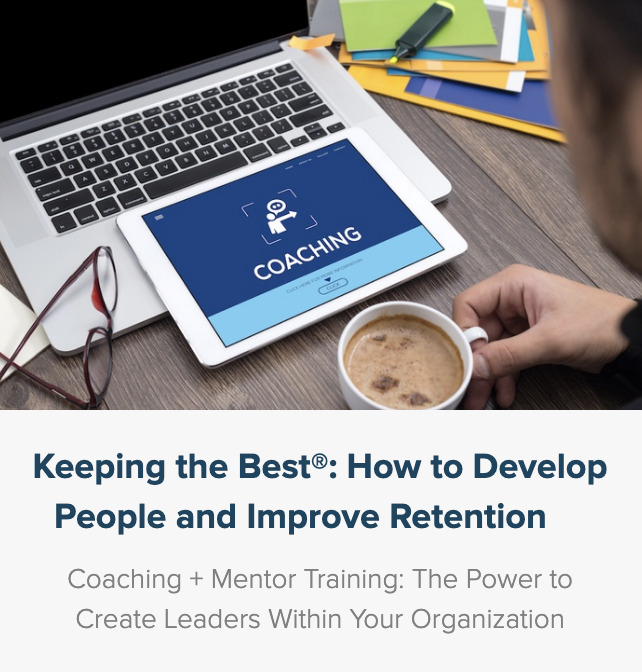You don’t need to get every single person to follow. You have to deal with a vocal minority sometimes, but don’t let it consume 100% of your attention. Gallup research, where do you spend your time and focus?
See people (and their complaints) anew. Maybe it’s giving up a label you’ve placed on them or their complaints… See them as opportunities.
How can you listen for the gold in conversations? If you understand their point of view, you can make decisions with that in mind, and that will go a long way towards disproving the naysayers that “you don’t listen or you don’t care”
Bottom line: Be authentic, give up the labels, and really listen to others.
We have a whole section on rethinking listening in our mini communications course, www.emsleadershipacademy.com/mini
Welcome to our EMS leadership, Q&A. And today's question is how do you lead others that will not follow? And that is such a great question. I think it starting with the facts here that you don't need to get every single person to follow you in an organization. You're going to have to deal as a leader with the vocal minority sometimes.
And sometimes it does not sound like the minority, right? It's the ones that you're, you may be tuned into. And you're always hearing that boat, but remember, don't let it consume a hundred percent of your attention. Gallup research does some great studies. They've done some great studies out there around employee engagement, and they found that there is this bottom 10 to 15% of your organization that are actively disengaged.
Those are, again, those ones that you could give them the world, and they'd still, you can give them a golden desk and they complain how heavy it is. You have the top 10 to 15% of folks that are highly engaged, that they they're, they're really proactive. They really want things to be better. They're they're excited about walking through the door in the morning,
which I think is really great. And then you've got the middle portion of that. Maybe the middle 70% of folks that are in limbo, they could go either way and it could be drawn in the direction of, of who is the loudest sometimes, or who's paying attention to them. So us as leaders, who are we paying attention to the bottom 10% or the 15% actively disengaged folks,
what about the top? Most engaged people. So I think it's really important to think about everyone in your organization and not just focusing, focusing in on those actively disengaged folks. I think that's so important. And I think the other aspect there is to kind of reframe how you see people and their complaints, because we all complain from time to time, right?
Even your top performers will complain sometimes, but it's not a, it's not something that they spend their time focused on. It's, it's more identifying the problem or the complaint, and then moving forward where other people get stuck in the complaint because they can't, maybe they can't see what's next. So if we, as leaders can shift our label about the person,
but also about their complaint and actually think of them more as opportunities, you know, how can you as a leader, listen for the gold in what someone is saying. You know, if they're complaining and you reframe it as either an opportunity, or perhaps they're seeing something that you can't see and you understand their point of view, you can make decisions and respond with that in mind.
And it will go a long way towards disproving people's perspective that they're not being heard or their opinion doesn't matter. And I think that when we can come from a caring frame of mind and giving the other person who's complaining the benefit of the doubt, maybe they're complaining because they maybe they're complaining because they're committed to something different, but they can't see beyond the problem.
And our job as leaders is we see the whole, you know, why, why we're in a leadership role is we have that capacity to see the big picture where many of the people who aren't in leadership roles don't have that point of view that, that perspective. So when we can truly listen and reframe how we hear that complaint and see it as a contribution,
then it will completely change w you know, what we hear. So I think that is an very important and listening to anyone, but in particular to people who maybe aren't jumping on board to follow up, And I think it comes down to the bottom line here, just be authentic as a leader, give up those labels that we've unknowingly or knowingly, sometimes placed on people and really listened to them.
And we have a whole section on rethinking your listening in our mini communication course. So be sure to check that out@umassleadershipacademy.com and you'll find a link to our mini communication course.



